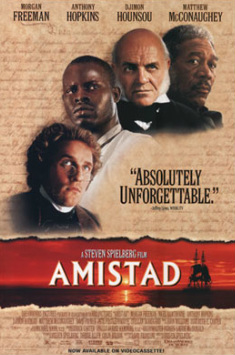
Today’s monologue marks the first time we’ve looked at a scene from a Spielberg movie since our very first one with Robert Shaw’s USS Indianapolis speech from Jaws. This time, we turn our focus to a monologue delivered by another even greater actor, in film that also involves boats… but that’s really the extent of the similarity.
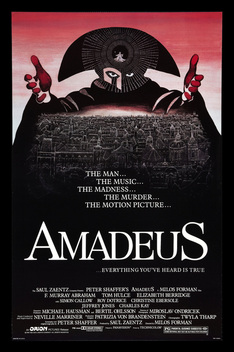
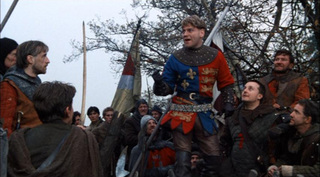
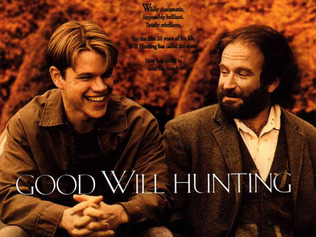
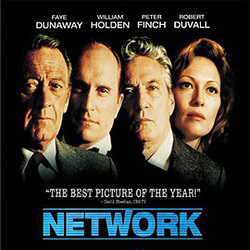
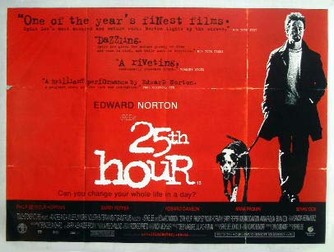
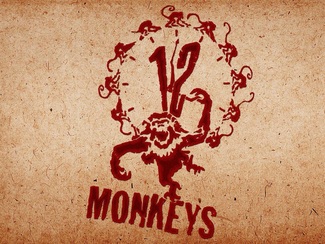
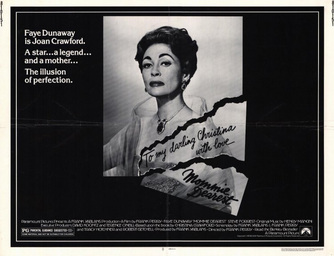

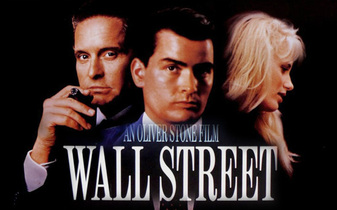

 RSS Feed
RSS Feed
